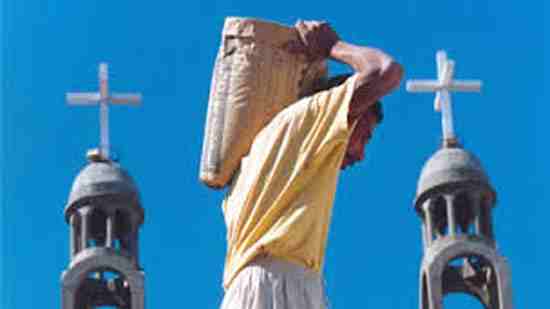A long-awaited new law maintains restrictions over the construction and renovation of churches and discriminates against the Christian minority in Egypt, said Human Rights Watch on Thursday.
It added that the law, passed by Egypt’s parliament on August 30, 2016, applies only to Christian houses of worship.
Recent incidents of anti-Christian violence that left one person dead, several injured, and numerous properties destroyed were prompted or preceded by anger among some local Muslims over actual or alleged church construction. Even when authorities have made arrests, they have rarely prosecuted suspects, creating a climate of impunity for violent crimes that target Christians.
“Many Egyptians hoped that governments would respect and protect freedom of religion, including for Christians, after the 2011 uprising,” said Joe Stork, deputy Middle East and North Africa director at Human Rights Watch. “Instead, the authorities are ignoring the underlying systemic issues and sending a message that Christians can be attacked with impunity.”
The new law allows governors to deny church-building permits with no stated way to appeal, requires that churches be built “commensurate with” the number of Christians in the area, and contains security provisions that risk subjecting decisions on whether to allow church construction to the whims of violent mobs.
Estimates of the size of Egypt’s Christian population, the great majority of them Coptic Orthodox, range from 6 percent to 10 percent of the total population of 93 million. Authorities have done little in the years since the 2011 uprising to change policies that have long disadvantaged their community.
President Abdel Fattah al-Sisi pledged to respect freedom of belief and made important visits to Coptic Christmas masses. Authorities, however, have failed to protect Coptic Christians from violent attacks and instead enforced “reconciliation” sessions with their Muslim neighbors that deprive them of their rights and allow attackers to evade justice. In some cases, Christians were obliged to leave their homes, villages or towns.




